Bengaluru Women Making Sure Unknown Craftsmen Reach the Market They Deserve
They want to help the creator or producer reach the client directly – cutting out middlemen who leave very little in their hands.
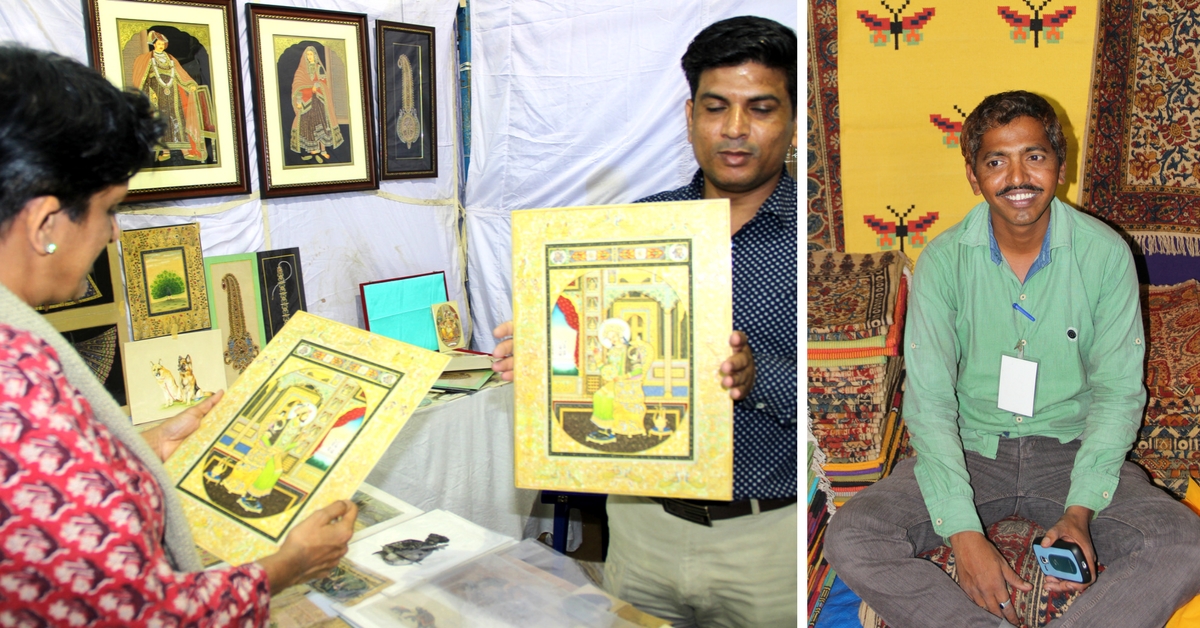
When Mala Dhawan was growing up as a child of parents from the Indian Air Force in small towns and cities across India, she couldn’t help but notice how everything had to be done with your own hands. Her father did carpentry and her mother embroidered and sewed; everyone around her knitted, cooked, baked or did gardening. Locals – no matter which part of the country they were posted in – produced all kinds of marvelous stuff with their hands.
It’s only when she grew up did she realise how little value people placed on handmade goods.
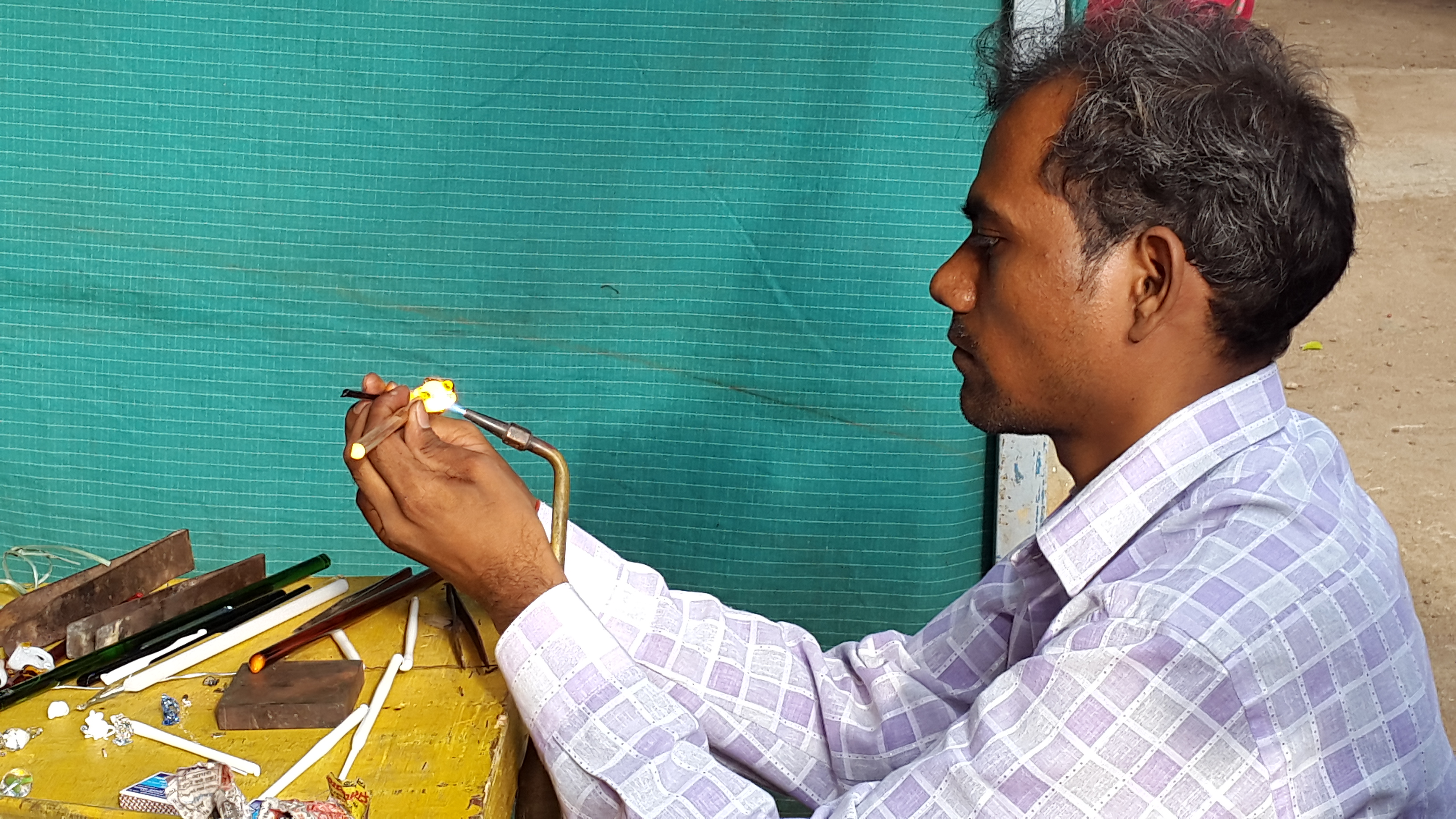
People produced ‘magic’ with their hands but received very little appreciation for it – be it in terms of value or even words. “So much of what they did was simply taken for granted by most,” explains Mala.
This always rankled her. Also, as an advertising professional who had worked with big agencies for most of her career, Mala had seen for herself the power of branding and packaging and what it could do to the value of a product.
In 2008-09, Mala was settled in Bengaluru and for two years she and her sister helped organise a few bazaars mostly in their own garden at home. The idea was to try and help artisans and producers of local handmade goods, farmer groups and handicraft persons who didn’t know how to reach urban markets and clientele to package better, brand better and sell better. The final goal is to help these artisans earn a fair and sustainable livelihood from their work while thriving on the deep sense of satisfaction that one derives from working with one’s own hands.
However, after two years of ‘fun and games’, they decided to inject an element of seriousness into their project.
And that’s when ‘A Hundred Hands’ was born.
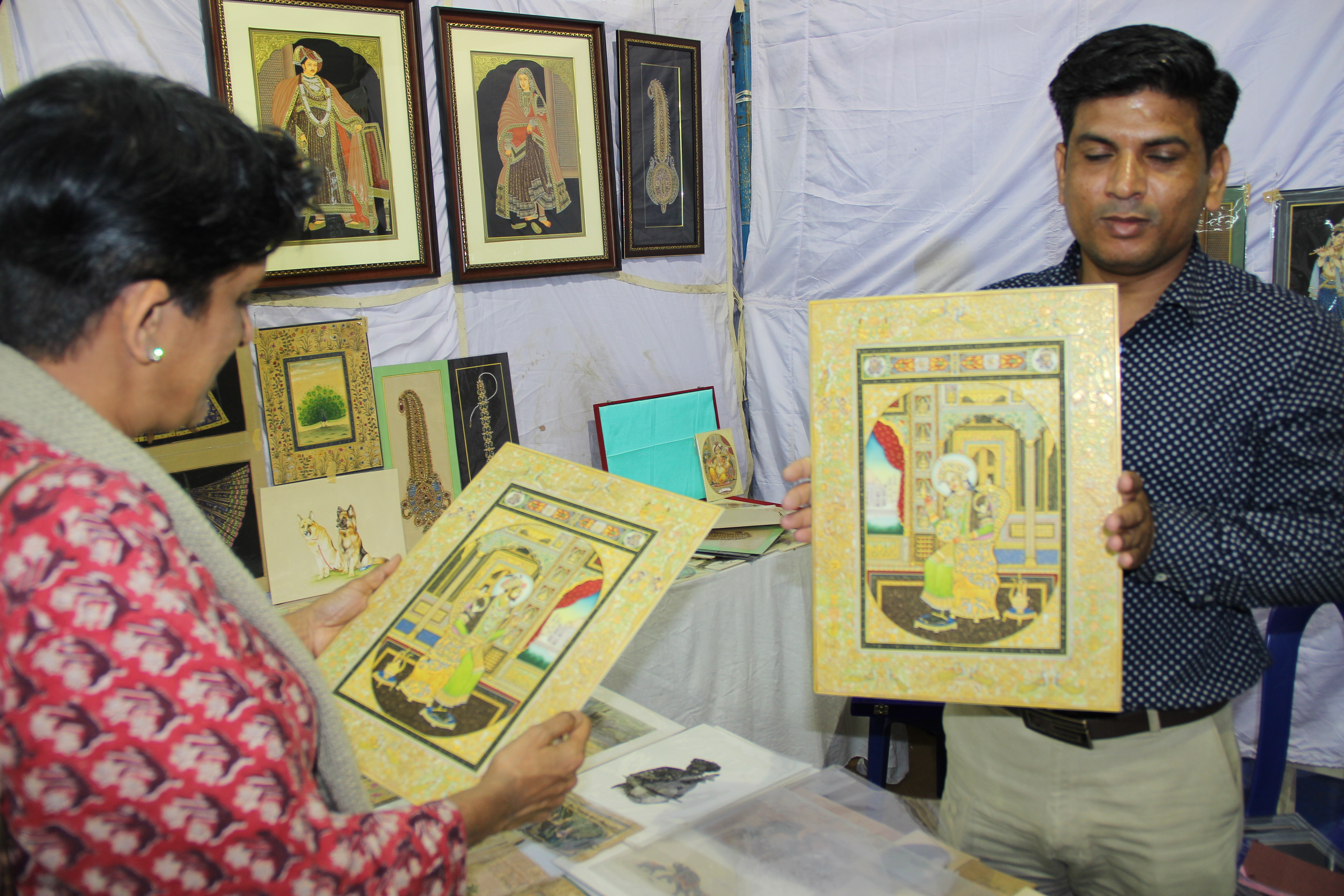
In 2010, it was registered as a non profit with two main objectives. One was to help the creator or producer reach the client directly – cutting out middlemen, traders and designers who doubled up as middlemen and who could often charge margins as high as 500%, leaving very little in the hands of the person who worked to produce the goods.
And the second was to allow the customer – who was always becoming both more aware and more curious – to reach out directly to the producer. “At bazaars, we found customers far less passive than they used to be and far more interested and inquisitive about what they bought or consumed – how it was made, how long it took, what went into it – all kinds of questions. We wanted to encourage that as well,” explains Mala. For city dwellers, what these local artisans and producers could do with their hands was clearly an eye opener.
After the society was established, the ad hoc bazaar was soon converted into an annual collective held every November in Bengaluru.
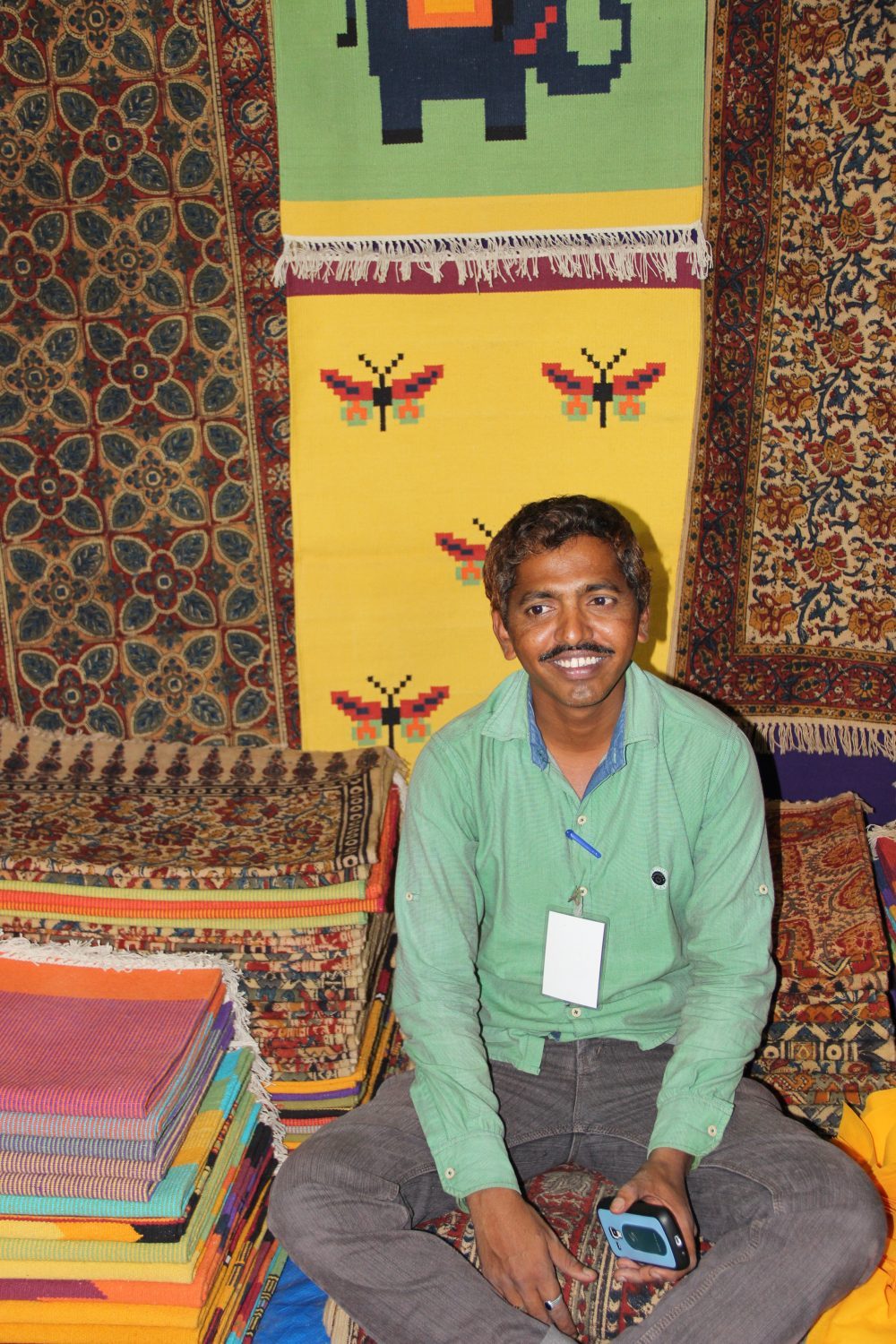
A few successful collectives in the city encouraged the team to explore new territories. Now, the society has started similar events in Mumbai, Fort Kochi and Coimbatore.
As it has strengthened its roots and grown its network, the society has formalised the running further by introducing a membership programme for its artisans, which allows them to work throughout the year with them. Although there are only 102 members so far, indirectly close to 7,000 to 8,000 artisans and producers benefit since they work through NGOs or in clusters and self-help groups. A Hundred Hands currently has a huge waiting list of close to 200 odd artisans seeking membership.
The scope of what they do with their members has grown substantially. “The idea now is not only about having a platform to sell better but to work on product design, improved packaging and branding and even helping them negotiate better with bulk buyers,” she says.
Recently, they launched a programme called ‘Me To We’ which encourages two artisans to work together and think more like designers.
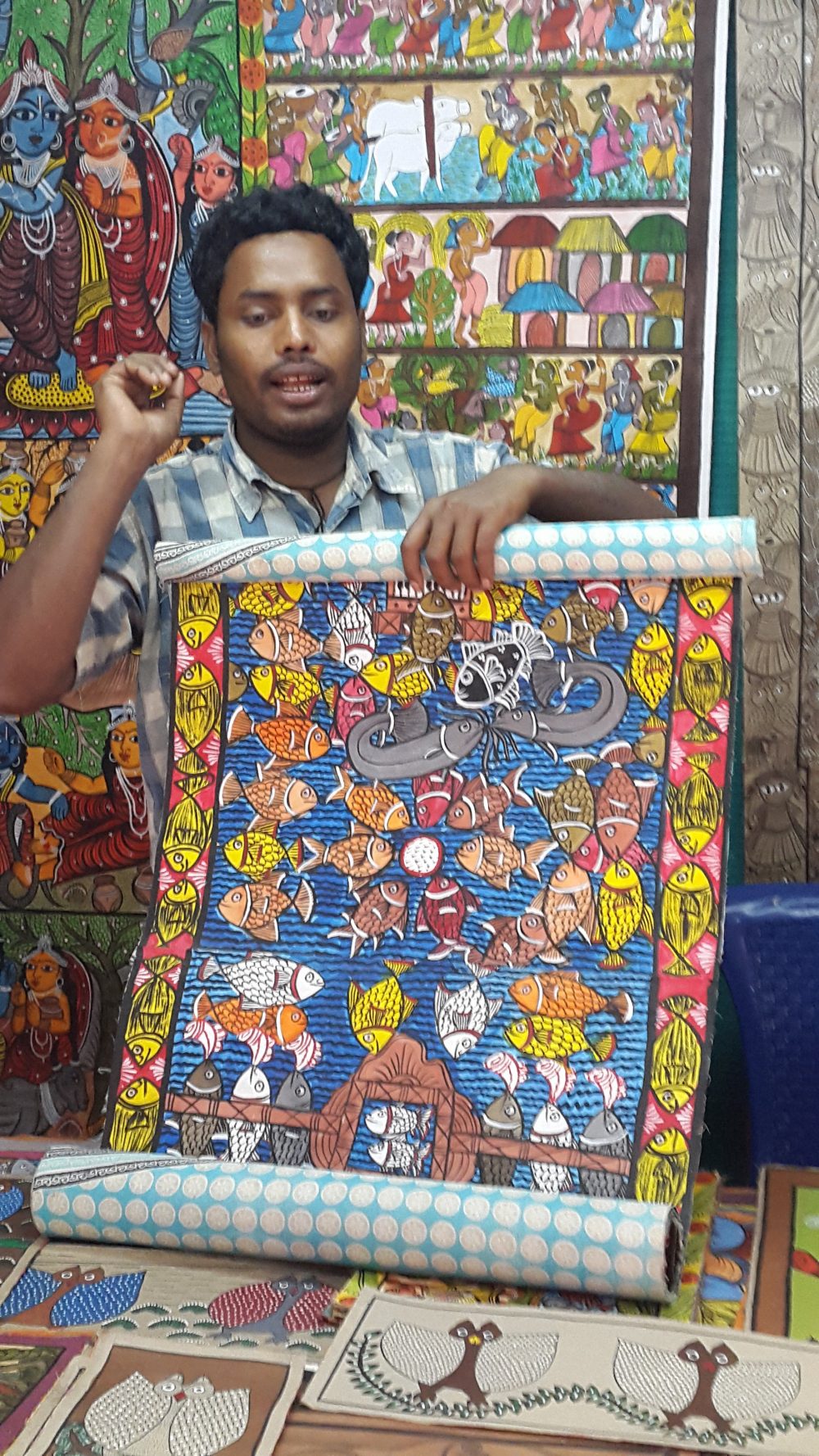
The fact that two people are in it together helps them gain more confidence, become bolder with innovation and with trying something new. They respect each other’s ideas and differences and have increased their earnings in many cases.
Although a Hundred Hands has received donations from financiers and funders as far as Australia, yet funding and raising resources to continue and grow their work remains the sole hurdle. Mala says it is the bane of their existence but where there is a will, there is clearly always a way. Every successful collective paves the way for the next one.
Like this story? Or have something to share?
Write to us: [email protected]
Connect with us on Facebook and Twitter.
NEW: Click here to get positive news on WhatsApp!
This story made me
- 97
- 121
- 89
- 167
Tell Us More
We bring stories straight from the heart of India, to inspire millions and create a wave of impact. Our positive movement is growing bigger everyday, and we would love for you to join it.
Please contribute whatever you can, every little penny helps our team in bringing you more stories that support dreams and spread hope.



















